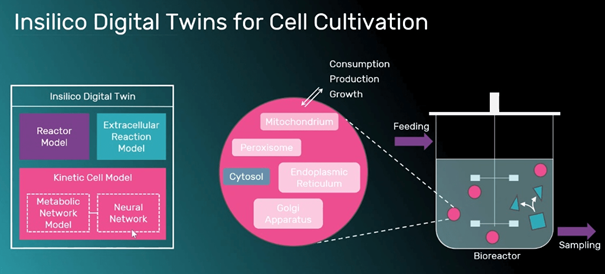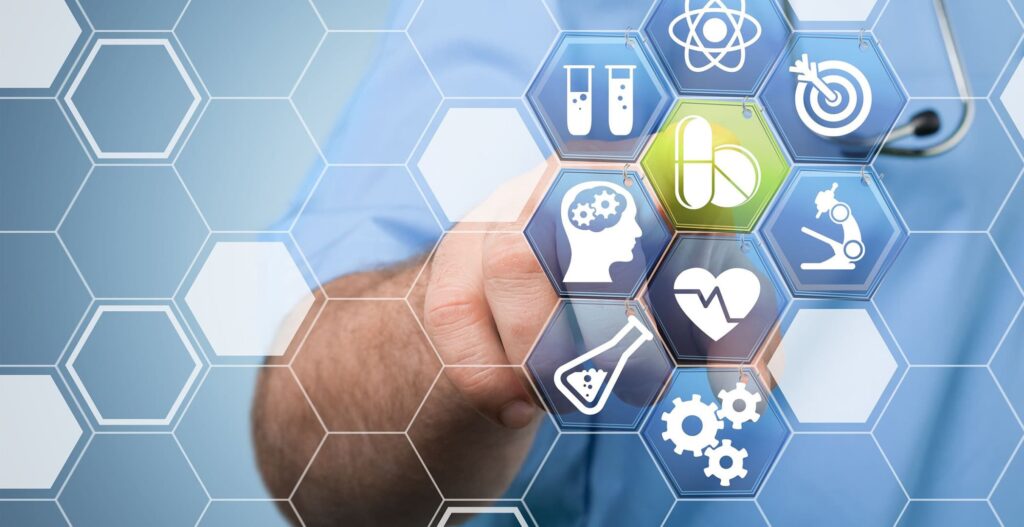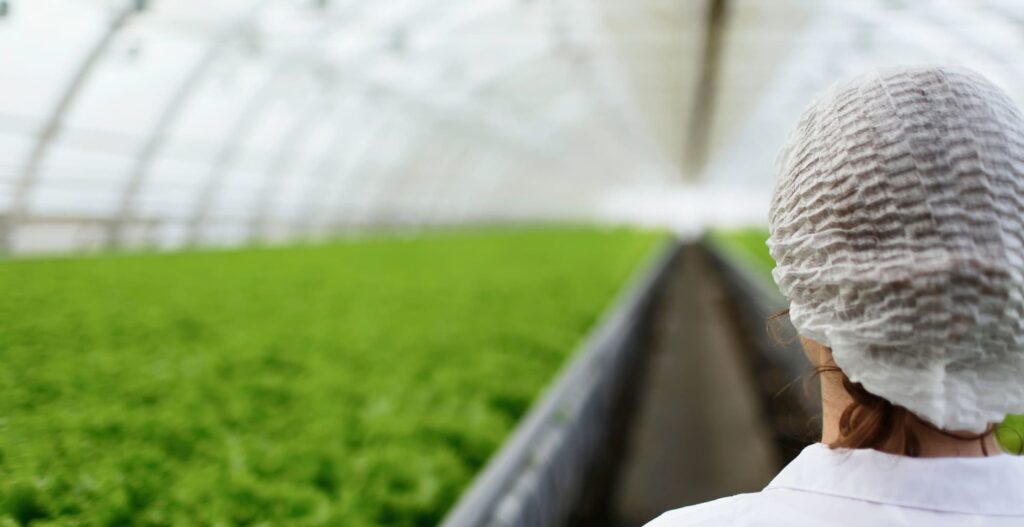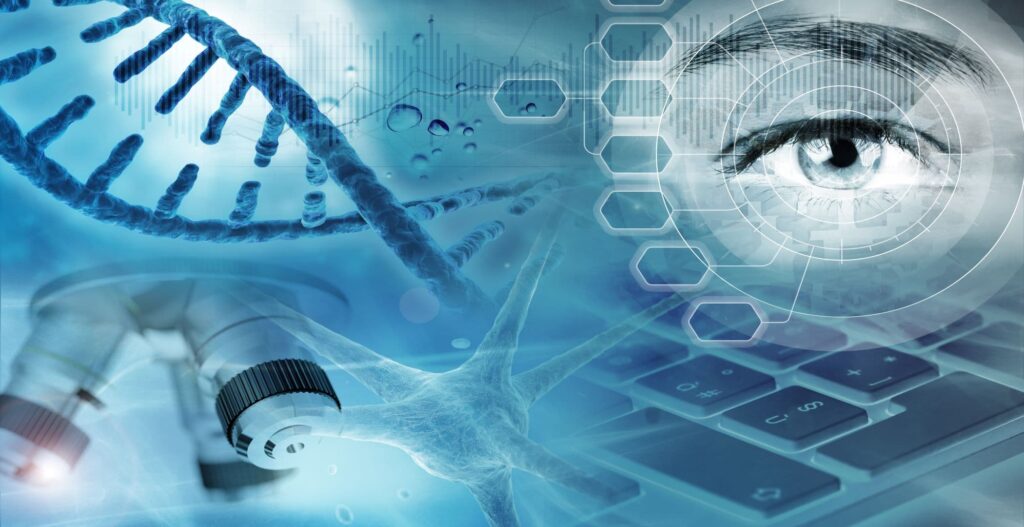What does Insilico Biotechnology?
Since November 2021, Insilico Biotechnology AG has been part of Yokogawa Electric Corporation.
Insilico Biotechnology AG is based in Stuttgart, Germany, since 2001 and is mainly engaged in applications using Insilico’s predictive Digital Twin for early selection of high-performing cells. The goal here is to further increase the efficiency and throughput of cell line development workflows of its biotech pharma customers.
Production of Cell Lines
The growing pipeline of biopharmaceutical products requires companies to identify the best-performing cell lines for large-scale production as early as possible. This enables the accelerated development of highly economical and robust production processes. In a process called clone selection, high-performing cell lines are identified and selected for further process optimization. Despite increased standardization efforts in this area, the challenge of quickly identifying highly productive clones remains. Insilico Biotechnology is working with pharmaceutical manufacturing companies to develop an automated workflow for predictive clone selection by combining both companies’ expertise in cell line development and predictive cell culture modeling.
Digital Twins

Insilico’s Digital Twins are digital models of cells and the associated bioprocess that enable virtual experiments to replace time-consuming wet-lab experiments. Clone-specific digital twins enable the selection of the best producer cells in high-throughput scale-down systems. They are predicting the performance and robustness of a single clone at a large scale and its potential for improvement under optimized media and feeding conditions. The use of Insilico’s predictive digital twins for clone selection is a great example of combining state-of-the-art modeling and experimental expertise.
What are cell line and cell line development?
Examples of cell lines are HeLa cells or Vero cells. The special feature of these cells? They are from one type of tissue and are capable of reproducing indefinitely in cell culture. Thus, one cell line can become whole-cell strains. If these cell lines are stable, they can be used for drug screening, gene function studies, or as in our case, for the production of biopharmaceuticals, also known as biologics.
CHO cells, abbreviated from Chinese Hamster Ovary, are widely used. Usually, one starts with transfection (definition: the introduction of genetic information into a cell) of selected host cells such as CHO- cells with suitable plasmids. If the transfection was successful, one screens and multiplies clones. Once the master cell lines have been identified, the best-in-class or the proteins they produce are validated.
However, manual screening methods for cell line development are quite time-consuming. This is where Insilico’s Digital Twin technology comes in.
Yokogawa and Insilico Biotechnology – a Dream Team
As a manufacturer and supplier of automation solutions for the pharmaceutical industry, we expect the integration of Insilico’s technologies to provide new impetus to the control and regulation of pharmaceutical production plants.
Insilico’s technology also enables in the pharmaceutical manufacturing process:
– the real-time analysis of process data
– the continuous prediction of cell growth
– the detection of metabolic components via soft sensors, which cannot be measured directly
– as well as the early detection of process anomalies to enable early intervention for the operators of these plants.
By using this problem-solving technology, product quality can be stabilized, which contributes to efficient mass production.
Outlook
I am personally very pleased that, in addition to the area of research & development, we can now also offer solutions for the manufacturing process of biopharmaceuticals with Insilico. With Insilico, we have gained a strong partner at our side. If you would like to learn more about Insilico’s Digital Twin technology, please visit Insilico’s website.




